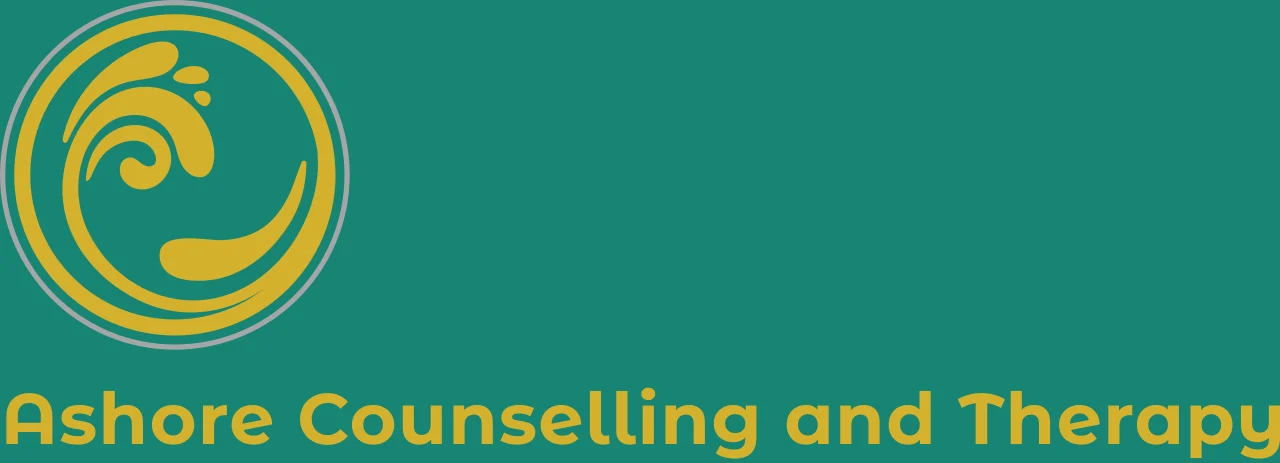
Life is unpredictable. Plans change, people act differently than expected, and circumstances often feel beyond our control. Trying to manage everything can leave us anxious, stressed, and exhausted. But while we cannot control every event in our lives, we can choose how we respond—and that is where true freedom and resilience begin.
The Limits of Control
Many people seek therapy because they feel weighed down by things they cannot change: past events, other people’s behaviour, or circumstances beyond their influence. While the pain is real, much of the suffering comes from the struggle to control the uncontrollable. Recognizing these limits is not weakness—it is honesty, and honesty opens the door to freedom.
The Second Arrow: Pain Suggering and the Power to Respond
There’s a Buddhist parable that beautifully captures the difference between pain and suffering. It’s called The Parable of the Second Arrow.
When life hits us with pain — the loss of a loved one, a harsh word, an unexpected disappointment — that is the first arrow. It’s inevitable, and it’s outside of our control. Pain is part of being human.
But the second arrow is different. It’s the one we shoot ourselves. It represents our reaction to pain — the stories we tell, the resistance we feel, the “this shouldn’t be happening” loop that intensifies our suffering.
We can’t always stop the first arrow, but we do have a choice about the second.
As Tara Brach reminds us, “The pain is the physical or emotional sensation, while the suffering comes from our resistance to it — our mental story about it, and our unwillingness to be present with it.”
The Difference Between Pain and Purpose
Pain is an unavoidable part of life and of being human, but not all pain is the same. There is a difference between suffering that feels meaningless and pain that serves a purpose. When we can give our pain meaning, it ceases to be only a wound and becomes a source of learning and insight.
How Existential Therapy Can Help
Existential therapy, influenced by thinkers like Viktor Frankl and Jean-Paul Sartre, emphasizes that although we cannot control everything, we always have the power to choose our response. Frankl described this as “the last of the human freedoms”—the ability to choose our attitude in any situation. Sartre called this being “condemned to be free”: even when life closes in, we remain responsible for how we act and respond.
In therapy, exploring your choices in response to life’s uncertainties can reduce anxiety, build resilience, and support personal growth. It helps clients focus on what is within their control, rather than trying—and failing—to control what isn’t.
Response as a Path to Growth
When we experience loss, disappointment, or setbacks, our instinct may be to resist or wish it away. Yet, the past is unchangeable. What remains open is how we relate to it. Shifting focus from control to response can soften the impact of difficulties, opening space for insight, self-compassion, and meaning-making.
By exploring your emotions to events beyond your control, engaging in self-reflection, and building resilience through coping strategies, therapy can help transform uncertainty into fertile ground for growth. Like adjusting sails in a storm, we cannot calm the winds—but we can navigate them with intention, and in time, with purpose
Embracing Uncertainty in Life
Existential therapy encourages embracing uncertainty with curiosity, courage, and compassion. This doesn’t mean denying pain—it means learning to live with challenges and shaping your response in ways that align with your values and goals. Over time, this approach builds resilience and allows you to move through life with greater confidence and meaning.
When we meet pain with presence and compassion, rather than resistance and control, something shifts. The pain may still be there — but the suffering begins to loosen.
We often try to control the uncontrollable — outcomes, other people’s feelings, life’s curveballs. But the truth is, control is limited. What we can cultivate is our response.
We always have the power to:
- Pause instead of react.
- Soften rather than tense.
- Acknowledge rather than avoid.
- Choose compassion over control.
We cannot always choose what happens, but we can choose how we meet what happens.
That is our true power — not control, but conscious response.
Take the Next Step
If you’d like to explore your thoughts, and feelings, in a safe, supportive environment, or would like to understand better how you respond to life’s challenges, contact me to book a session. Together, we can discover how existential therapy can help you navigate uncertainty and find resilience in your own life.
Sources:
Brach, Tara (2004) Radical Acceptance. Embracing Your Life With the Heart of a Buddha. New York, Bantam.
Sartre, J.P. (2003) Being and Nothingness. Translated by Hazel Estella Barnes. 2nd edn. London, England: Routledge.
Frankl, V.E. (1964) Man’s search for meaning: an introduction to logotherapy. Revis. London [etc.]: Hodder and Stoughton
